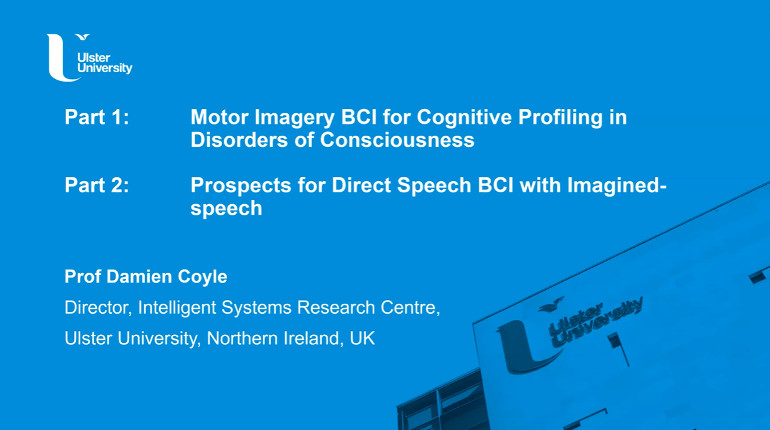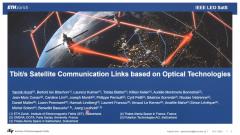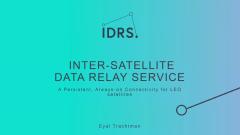
This video program is a part of the Premium package:
IEEE Brain: Motor Imagery BCI for Cognitive Profiling in Disorders of Consciousness and Prospects for Direct Speech BCI with Imagined-speech
- IEEE MemberUS $10.00
- Society MemberUS $0.00
- IEEE Student MemberUS $10.00
- Non-IEEE MemberUS $20.00
IEEE Brain: Motor Imagery BCI for Cognitive Profiling in Disorders of Consciousness and Prospects for Direct Speech BCI with Imagined-speech
This webinar will cover two current hot topics in EEG-based brain-computer interface research and research ongoing at the Intelligent Systems Research Centre.
Part 1 will focus on assessment of patients with prolonged disorder of consciousness (PDoC). Motor imagery brain-computer interface (MI-BCI) may facilitate willful modulation of sensorimotor oscillations in patients with PDoC, enabling assessment of awareness and question answering by imagining movement and thus, potentially, movement-independent neuropsychological assessment. We evaluated this potential with a cohort of PDoC patients (n=24). Whilst results revealed patients across the PDoC spectrum have capacity to learn to modulate sensorimotor rhythms and respond to closed questions, differences in patient cognition are more likely to be revealed after extended training with feedback and more intensive question-and-answer sessions.
Part 2 will focus on direct speech BCIs. Several recent studies have harnessed overt speech to examine linguistic communication through neural signals. While imagined speech is the holy grail modality for a BCI based on language, systematic study of imagined speech has been relatively sparse. The phenomenology of imagined speech, its relationship to overt speech, and the effect of different stimuli on efforts to elicit and label its neural correlations to enable algorithms to learn to detect and classify it, are currently not well understood. Employing the first picture-naming paradigm in speech BCI research, this talk will show that effects of stimuli/cues on speech decoding from EEG are highly significant, whilst linguistic properties of semantics and syntax are not and that overt speech is easier to decode from EEG than imagined speech.
This webinar will cover two current hot topics in EEG-based brain-computer interface research and research ongoing at the Intelligent Systems Research Centre. Part 1 will focus on assessment of patients with prolonged disorder of consciousness (PDoC). Part 2 will focus on direct speech BCIs.
 Cart
Cart Create Account
Create Account Sign In
Sign In





